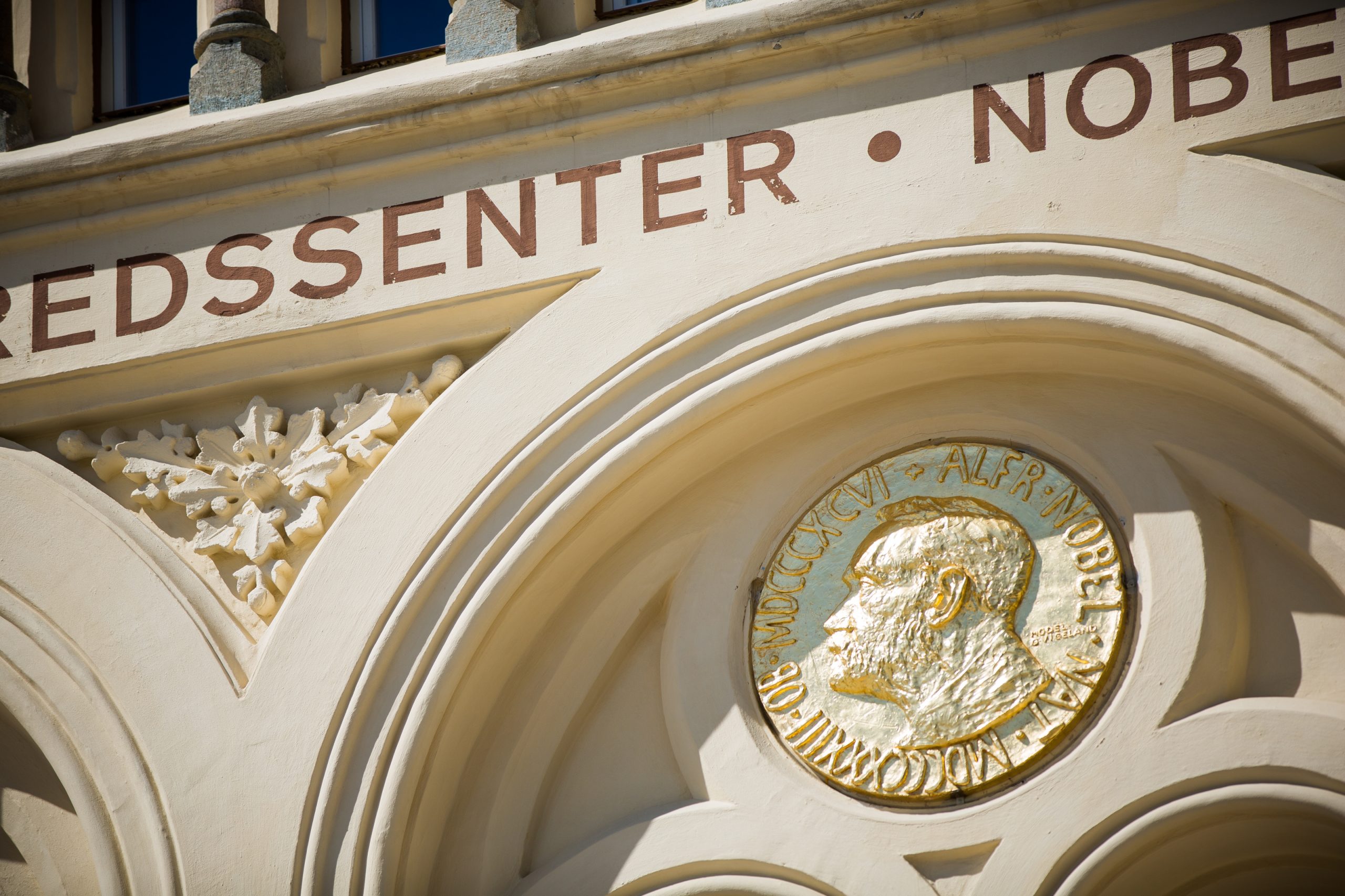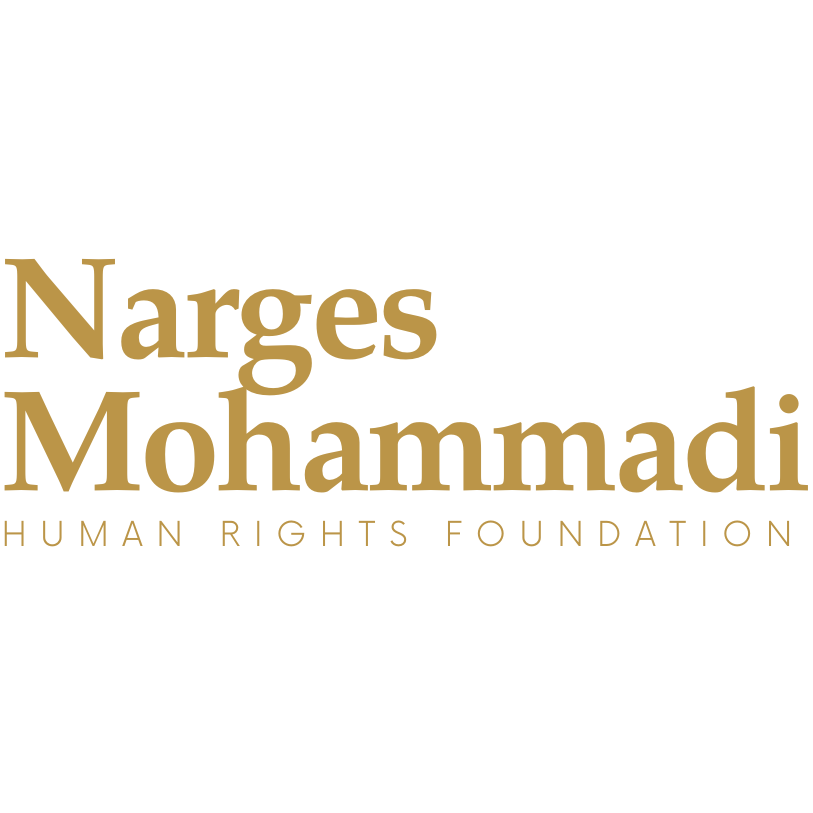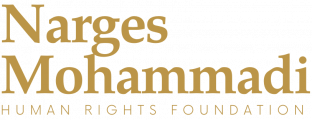
Narges Mohammadi Sends Message to Nobel Peace Center Conference “Voices from War and Captivity”
24 September 2025
Today: Narges Mohammadi’s Video Message was Shared at Nobel Peace Center Conference “Voices from War and Captivity”
Oslo, Norway — Today, as part of the conference “Resistance Today – Voices from War and Captivity” hosted by the Nobel Peace Center, a video message from Nobel Peace Prize Laureate, Narges Mohammadi was presented, detailing her harrowing experience of captivity and solitary confinement.
Mohammadi’s address to the conference offered a powerful testimony from someone who has endured over ten years of imprisonment, faced varying prison conditions, survived 135 days in solitary confinement, and experienced white torture and extreme isolation—bringing into sharp focus both the human cost of repression and the resilience of the human spirit.
Below is Narges Mohammadi’s message for the conference:
Dear friends, it is an honor to be with you today at this important gathering, where we come together to reflect on war, captivity, and the human cost they carry. I am grateful for the chance to speak.
I would like to share my experience in solitary confinement. Solitary means being locked in a tiny space where nothing exists but the walls around you and a single door.
Sometimes I wished the “door” before me was just a wall, for a wall holds no promise. A door, however, suggests it can open, yet only the interrogator or guard could open it, not me.
When all the walls share the same dull color, monotony drains you. Distance sometimes stretches endlessly, other times collapses, pressing so close it feels like the wall is against your face, stealing your breath.
In such conditions, time becomes confusing. Sometimes it drags so slowly you ask endlessly why night hasn’t come. You wonder what time even is, remembering life outside when mornings flew by and nights arrived before you’d even had time to eat.
Time once flew so fast you barely felt hunger. Now, inside, you’re trapped between two senses of time, and everything around you is shrouded in questions.
This doubt overwhelms you. In the general ward, we had weekly visitations: three times a month behind glass for twenty minutes, and once a month face-to-face.
Visits never felt enough. Hugging your child in the morning isn’t enough until night—you want to hold them again and again. Prison makes the very idea of “enough” feel strange.
There’s no such thing as enough when seeing or holding loved ones. Even ten embraces aren’t enough, but prison limits that longing. Weekly visits force you to tell yourself one meeting must suffice, and your desire retreats into daydreams and imagination.
In that world of imagination, limits vanish, carrying you beyond walls. But returning to reality, every boundary presses in again.
In solitary, they wanted only a confession. I had committed no crime. The interrogator said I must confess against the Defenders of Human Rights Center—or they wouldn’t leave me alone. I knew with absolute certainty that I was innocent.
And I knew that my children, Kiana and Ali, were only three and a half years old at home, waiting for me to return. And every act of defiance, persistence, and resistance from me meant greater and greater suffering for my children.
That too was a tormenting doubt: whether to choose returning to Ali and Kiana’s embrace, or allowing them to return to mine — my duty as a mother being to offer my arms to my children.
Or to resist, keep my head high, and accept not seeing Ali and Kiana for a long time. Was that resistance worth it? I won’t dwell on my personal feelings.
I believe every person’s prison experience is unique. Each story must be heard to help humanity move further from violence.
And I hope that one day we will experience true peace — peace in which no form of violence is inflicted on human beings. Hoping for that day.
Thank you.
Narges Mohammadi 24th Sep 2025
The Voices from War and Captivity event, held on 24 September 2025 at the Nobel Peace Center, convened psychologists, experts, and individuals affected by war and conflict to explore what enables a person to endure deprivation of contact and severe confinement. Topics included the experiences of imprisoned dissidents in Iran, Belarus, Turkey, and Russia, as well as testimonies from released Ukrainian war detainees.
Nora Sveaass (former UN torture committee expert), Yuliya Haugland (spokesperson for the Ukrainian community in Norway), Ane Tusvik Bonde (senior advisor, Amnesty Norway), and Kim Reksten Grønneberg (Communications Director, Nobel Peace Center), were among speakers today.


